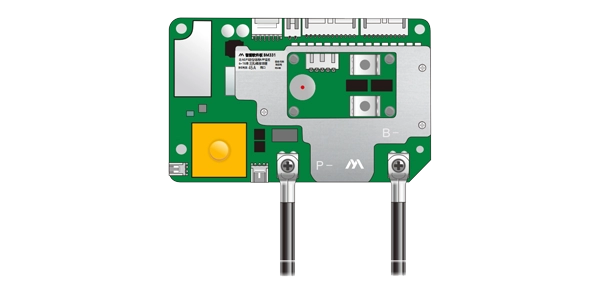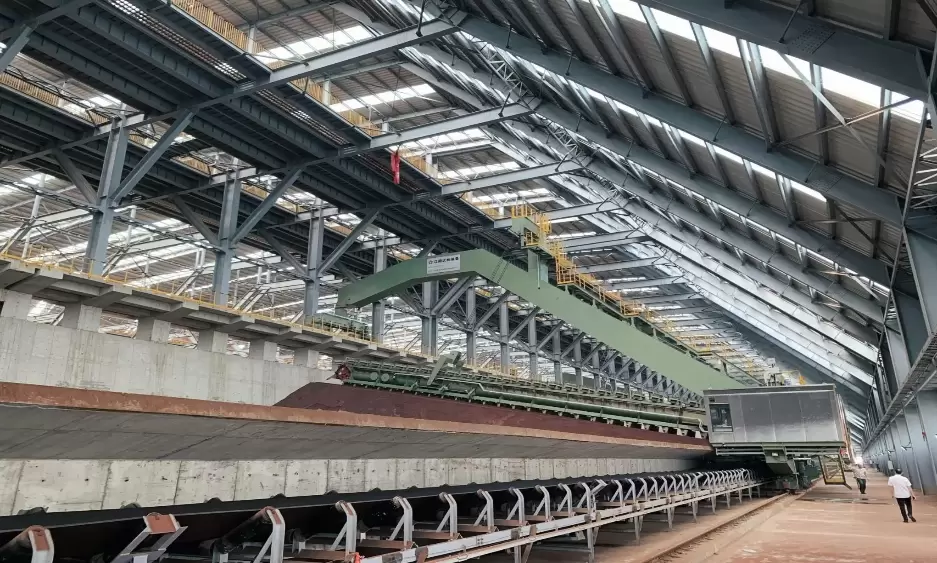Top Industrial Applications of Solid Carbide Rod Materials
Solid carbide rod materials play a crucial role in the modern manufacturing and engineering landscape. Their unique properties of hardness, wear resistance, and durability make them indispensable across numerous industries. From precision machining to mining, the application of solid carbide materials has transformed efficiency, productivity, and quality standards. This article provides a comprehensive overview of the most significant industrial applications of solid carbide rod materials, while also highlighting Shanghai Diatooling, a highly specialized and experienced manufacturer and supplier of carbide cutting tools.
Introduction to Solid Carbide Rod Materials
Solid carbide is produced by combining tungsten carbide particles with a cobalt binder through a sintering process. The resulting material possesses extraordinary hardness, second only to diamond, while maintaining significant toughness. Its ability to withstand high temperatures and resist abrasion makes it suitable for heavy-duty and high-precision applications.
Carbide rods serve as the base material for many tools, including drills, end mills, reamers, and other cutting instruments. The consistent performance of these rods has made them an industry standard for demanding machining operations.
Advantages of Solid Carbide Rod Materials
Solid carbide rod materials offer a range of advantages that contribute to their widespread adoption:
Exceptional hardness and strength: Ensures long-lasting performance.
Wear and abrasion resistance: Reduces tool replacement frequency.
Heat resistance: Maintains cutting efficiency at high speeds.
Precision and stability: Enables tight tolerance machining.
Versatility: Suitable for use across metals, composites, and non-ferrous materials.
These qualities make solid carbide the material of choice for industries that demand high-performance tools and processes.
Role in Precision Machining
Precision machining is one of the most prominent areas where solid carbide rods demonstrate their value. Manufacturing processes in aerospace, automotive, and electronics industries require cutting tools capable of producing intricate designs and smooth finishes. Solid carbide end mills, drills, and reamers enable these operations with unmatched accuracy.
For components that require tight dimensional tolerances, carbide rods are shaped and ground into tools that deliver consistent results even under challenging conditions. The ability to maintain sharp edges while resisting tool wear ensures superior productivity.
Applications in the Automotive Industry
The automotive sector relies heavily on solid carbide rods to produce a wide variety of components. Engine parts, transmission systems, and braking assemblies require precise machining to ensure safety and efficiency. Carbide cutting tools made from solid rods provide the necessary hardness to machine cast iron, hardened steels, and advanced alloys commonly used in modern vehicles.
High-speed machining, often required for mass production of automotive parts, is supported by carbide tools due to their ability to withstand elevated temperatures without losing cutting performance. This enhances cycle times and lowers production costs.
Use in Aerospace Manufacturing
Aerospace applications demand cutting tools with exceptional precision and durability. Solid carbide rods are used to manufacture tools that can machine superalloys, titanium, and composite materials used in aircraft and spacecraft components. These materials are known for their strength and resistance to heat, but they are also notoriously difficult to machine.
Solid carbide tools enable aerospace manufacturers to produce high-precision parts such as turbine blades, fuselage components, and landing gear. The reliability of these tools ensures compliance with strict safety and performance standards in the aerospace industry.
Importance in Electronics and Micro-Machining
The electronics industry requires miniature components with extremely fine features. Solid carbide rods serve as the foundation for micro-tools capable of machining circuit boards, connectors, and semiconductor parts. Due to their ability to maintain cutting precision at microscopic levels, solid carbide tools are essential for high-density electronic device production.
The stability of carbide micro-tools reduces the risk of tool deflection, ensuring accuracy even when machining delicate materials like copper, plastics, or ceramics.
Contribution to the Medical Industry
Medical devices and surgical instruments require high levels of accuracy and biocompatibility. Solid carbide rods are used to produce specialized tools that can machine stainless steel, titanium, and cobalt-chrome alloys commonly used in implants and medical instruments. The exceptional sharpness and durability of carbide-based tools ensure precision in manufacturing complex medical components.
Applications include the production of orthopedic implants, dental instruments, and surgical tools. These tools must maintain consistent performance to meet strict medical regulations and standards.
Applications in Mining and Construction
Mining and construction industries involve extreme working conditions that demand robust tools. Solid carbide rods are used in drill bits, cutting picks, and tunneling equipment to cut through rock, concrete, and other abrasive materials. The superior wear resistance of carbide allows these tools to withstand repeated impact and abrasion.
In construction, carbide tools are also employed in the production of cemented carbide-tipped saws and cutting wheels, which are used for stone cutting, road building, and demolition projects.
Contribution to Oil and Gas Exploration
The oil and gas industry often operates in harsh environments where equipment reliability is critical. Solid carbide rods are utilized in downhole drilling tools, reamers, and stabilizers that endure high pressure, high temperature, and abrasive conditions. These rods provide the durability necessary for efficient drilling and resource extraction.
By maintaining tool integrity over extended use, carbide rods help reduce downtime and operational costs in exploration projects.
Versatility in Tool Manufacturing
The versatility of solid carbide rods extends beyond specific industries, as they are also essential in general tool manufacturing. Standard cutting tools such as milling cutters, taps, and dies rely on carbide rods to provide consistent performance. Toolmakers benefit from the ability to customize rod dimensions and geometries to produce tools tailored for specialized applications.
Shanghai Diatooling, with its extensive expertise and advanced manufacturing capabilities, produces a wide range of solid carbide cutting tools that meet the rigorous demands of global industries. Their commitment to quality and innovation ensures reliable solutions for clients across diverse sectors.
Impact on Productivity and Cost Efficiency
The integration of solid carbide rod materials into industrial operations significantly enhances productivity. The extended lifespan of carbide tools reduces the frequency of tool replacement, lowering maintenance costs. Additionally, the ability to operate at higher cutting speeds and feeds shortens machining cycles, increasing overall output.
By improving efficiency and reliability, carbide rods contribute to cost savings while maintaining high standards of product quality.
Maintenance and Best Practices for Carbide Tools
To maximize the benefits of solid carbide tools, proper maintenance practices are essential:
Regular inspection: Checking for wear or chipping helps maintain performance.
Proper sharpening: Restoring cutting edges extends tool life.
Correct usage: Matching tools with appropriate materials prevents premature failure.
Optimal storage: Protecting tools from moisture and impact reduces the risk of damage.
Adopting these practices ensures long-term reliability and performance from carbide tools.
Integration with Advanced Manufacturing Technologies
The role of solid carbide rods has expanded with the rise of advanced manufacturing methods such as CNC machining, additive manufacturing, and automated production systems. Carbide tools are critical to achieving the precision required in these modern processes. Their compatibility with high-speed machining and multi-axis operations makes them a cornerstone of smart manufacturing strategies.
Conclusion
Solid carbide rod materials have become indispensable in industrial applications ranging from precision machining to mining, aerospace, and electronics. Their unmatched combination of hardness, wear resistance, and heat stability ensures performance in some of the most demanding environments. By enabling industries to achieve higher productivity, better accuracy, and reduced costs, solid carbide rods have cemented their position as a foundation of modern engineering.
Manufacturers such as Shanghai Diatooling continue to advance the capabilities of carbide cutting tools, delivering solutions that support diverse industrial needs. Through expertise, innovation, and dedication to quality, Shanghai Diatooling exemplifies the critical role suppliers play in harnessing the full potential of solid carbide rod materials.
Solutions for Wear Resistance: How Tungsten Carbide Transforms Industries
https://www.diatooling.com/
Shanghai Diatooling


Average Rating